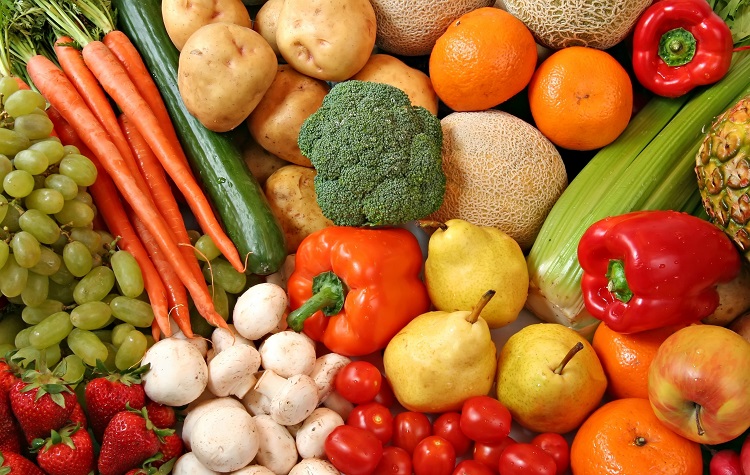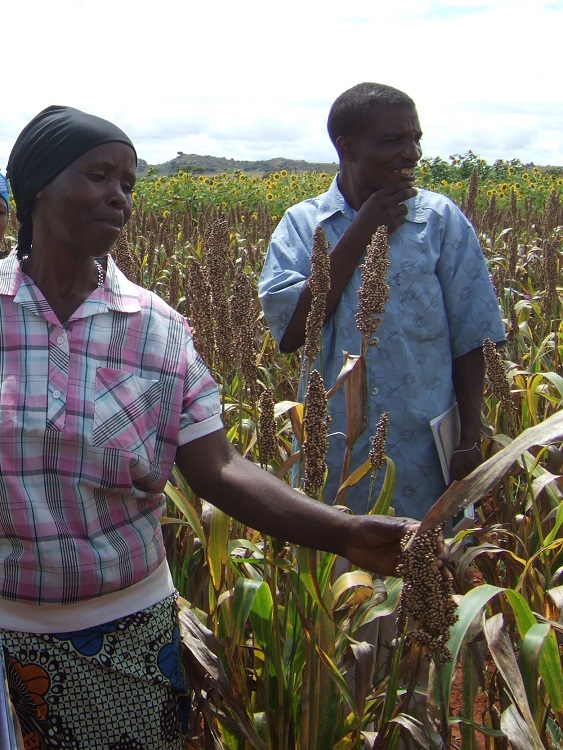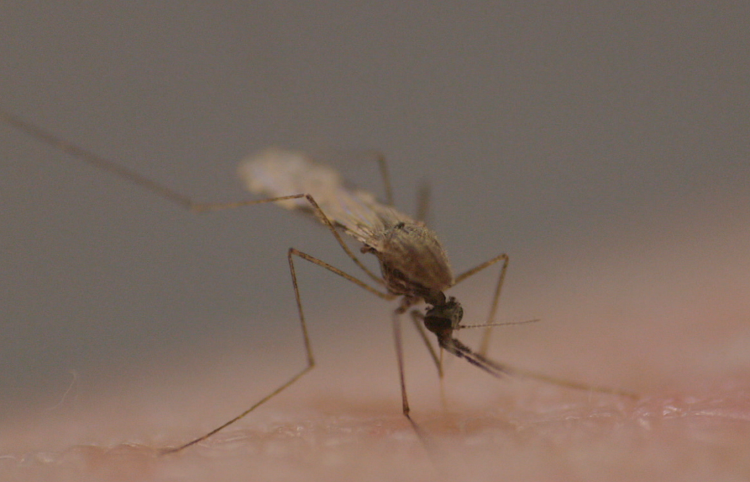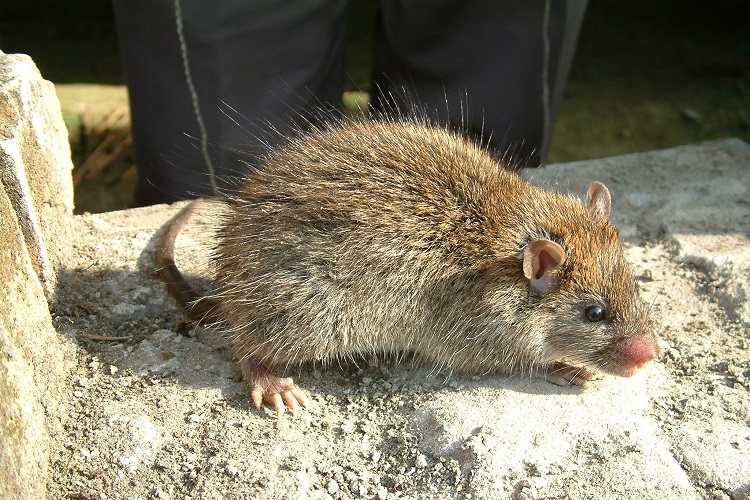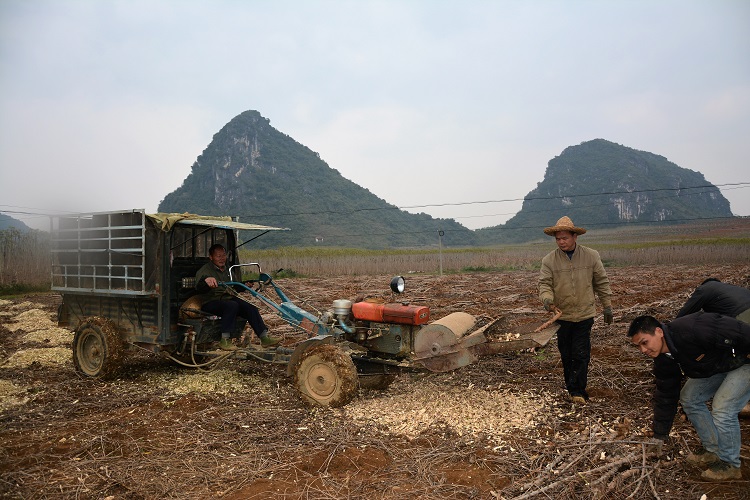Archive
Do you work in the food sector or anywhere along the food chain? Would you like to progress further in your career but lack academic qualifications? Study on the new Food Safety and Quality Management (FSQM) e-learning programme offered by the...
- Details
-
Ghana, 5–8 September, 2016
Press release written by: Nicola Swann
Members of the African Postharvest Losses Information System (APHLIS) network – including postharvest experts from over 30 sub-Saharan African countries and representatives from...
- Details
-
Saturday 20th August is World Mosquito Day. It might seem strange to ‘celebrate’ the mosquito, given their role in the spread of many infectious diseases, such as yellow fever, West Nile Virus and the recent global health emergency created by the...
- Details
-
Knowing that the food we eat is safe is important to us all. But what exactly is meant by food safety, and who is responsible for it? These topics were discussed at a round-table meeting on 30th June 2016, when a delegation from the Nigerian Senate...
- Details
-
NRI’s PhD students recently showcased their work at the First Annual NRI Postgraduate Symposium. This initiative, designed and carried out by the students themselves, highlighted not only the students’ research but shone a spotlight on their...
- Details
-
Can you imagine sweet potato crisps suffused with seafood curry, lime and coconut or thyme and chilli? Or if you have a sweet tooth, how about some energy-packed sweet potato breakfast bars, combining exotic mango and passionfruit, or chocolate and...
- Details
-
Rodents, particularly rats, elicit a strong reaction in most people – from fear, to loathing, to disgust – and with good reason, for we know they can transmit diseases, destroy food crops and damage infrastructure. But what do we do when rodents...
- Details
-
NRI is at the forefront of a battle to beat losses of food crops after harvest, known specifically as ‘postharvest losses’. When food is lost after harvest, it also means wasted agricultural inputs such as seeds, water, land use, fertiliser, labour...
- Details
-
At the beginning of the year, NRI embarked on a series of engagements in China, including involvement in the First World Congress on Root and Tubers Crops and the signing of a number of agreements with Chinese Research Institutes and Universities.
- Details
-
To catch a killer, you have to understand it, and know its movements. Malaria is particularly deadly, killing 450,000 people a year, mostly in sub-Saharan Africa. The disease is spread by mosquitoes including Anopheles gambiae. This mosquito...
- Details
-


